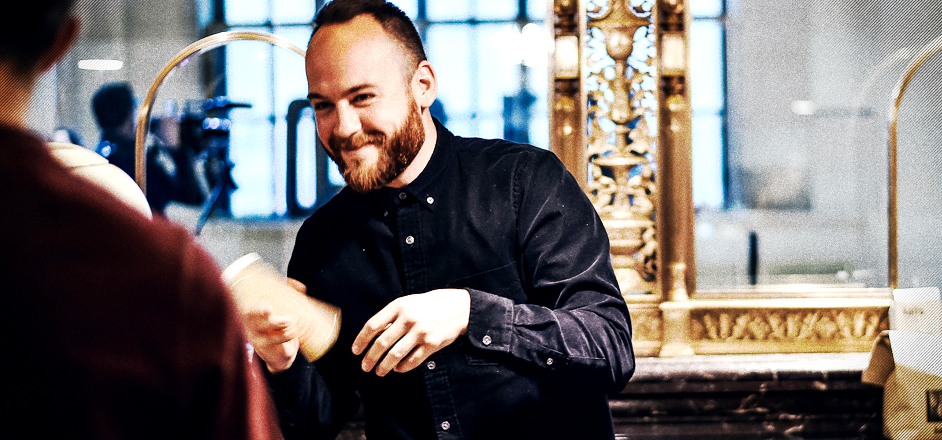“A bartender is the aristocrat of the working class,” says the old-timey bartender Doug Coughlin in the classic film Cocktail. And while he alludes to the widespread idea of the cool, beloved cat who moves around even the busiest bar with casual, confident stride of a Western sheriff claiming his new town — after a few years of working in different bars, I’ve come to attach a very different meaning to this quote.
Because just like aristocrats, bartenders are rarely sober, on or off duty. The food and beverage industry has the reported highest rates of substance abuse disorder in recent years at 17 percent of its workers. In Denmark, a staggering 71 percent of bartenders drink on the job, and 6 percent take other substances.
To try and figure out what the hell is happening, we sought the guidance of a few bartenders to share their take on the story. Naturally, the first reason that popped in most everyone’s minds was the very same reason why a rat in a cheese factory would likely O.D.
“I think most bartenders are functioning alcoholics,” Mark, 29, from Glasgow, puts it bluntly. “Or at least like to drink. I’ve met very few exceptions. And in most bars I’ve worked with, I’ve been able to drink on-duty in one way or another. Sooner or later, you find ways to drink on the job without getting caught. Who doesn’t want to drink for free, especially while doing something you can easily do tipsy, often even much better than sober? And when you have a couple of colleagues you enjoy working and hanging out with, drinking is just bound to happen.”
Can’t really argue there.

“Sometimes other stuff too, depends on the shift,” he continues. “Harder stuff I mean. I don’t even count weed. I’ve worked more shifts high than sober.”
People like Mark are able to get away with it because, for the most part, their bosses are in the game too. John, 27, also from Glasgow, is one of those bosses.
“We do a thing called Sunday Funday when I’m the only managing supervisor in,” he says. “We get pretty tipsy, sometimes almost hammered toward the end of the shift. I’ve noticed that in the majority of cases, we would even get better tips. I become much friendlier to nice people, it’s almost like we are partying together, and I’m much more tolerant to assholes.”
But often, the unending party turns into something more severe.
“For me, it’s the actual act of serving people,” says Nitish, 32, from Mauritius. He works on cruse ships. “When people are nice it’s ok, but when an asshole bosses me around and I can’t really do anything about it, I start thinking. I remember I want to do something else with my life and need to chug something fast to take my mind off it.”
“There’s something depressing about a bar at the end of the night,” he continues. “The lights come on, everything is dirty and empty, the drunks are being asked to leave over and over, and we have to stay a solid 2 more hours cleaning. I’ve cleaned bars in ways I’ve never cleaned my own house. That’s when I feel like drinking the most, and when I want to get out as fast as possible and go somewhere where I’m the client and continue the night.”
For others, it’s a matter of dealing with the high-energy, low-appreciation aspect serving drinks come with.
“After really busy shifts when people have been giving me dirty looks for waiting and waving their money when they can see I’m running around the bar like crazy it’s when I really need to let some steam off,” says Rebecca, 27, from Glasgow.
And it’s not just bartenders either. Many in the service industry feel the same way about the positions they’re in — often relegating to the pressures of peers and positions.
“We work very long hours, sometimes just crazy during holiday seasons,” say Ben, a 30-year-old chef. “We’re often understaffed, people can be pickier with their food, and the whole atmosphere can get a bit intense. I’ve felt bullied by head chefs many times. Some coke really helps get me in the zone and just power through frantic shifts.”
Service workers in fast-paced industries seem to share a similar work approach and work-related lifestyle. Ones where substances play a pretty big role. Whether that role is positive or negative, a problem or a solution, only they can say for themselves.




Leave a Reply